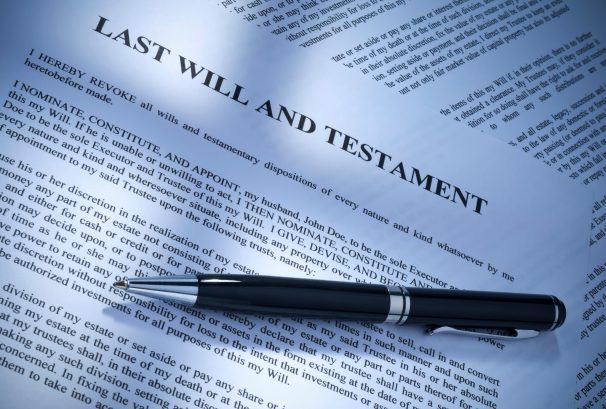The Proposed Democrat Tax Plan Would Have A Major Impact On Your Estate
As an attorney who has been involved in estate, business and tax planning my whole career, I have reviewed the Democrat’s proposed tax plan, and it’s an eye opener.
We all expected that the “rich” would be targeted with this plan. Who is and isn’t rich is always left very vague and subject to interpretation. The proposed plan certainly targets the people they call “rich,” but, shockingly, it also goes well beyond.
The eye opener is the extent to which this proposed plan will affect the not “rich” – i.e. the middle class.
In short, if you own a home, or have any substantial investments, be careful not to die, if this plan gets implemented.
As I have discussed with many of my clients, the Democrat plan has always been to lower the estate tax unified credit equivalent from the roughly $11,500,000 amount at which it currently stands, to something closer to the previous $5,000,000 amount, or lower. Remember, the tax on your estate after you die is in addition to the income taxes you have paid your whole life.
However, the plan, as proposed, increases those death taxes by eliminating what is called the “step up in basis” that all decedents receive on their property and non-qualified assets owned at the time of their death. This provision alone will affect everyone who dies regardless of the size of their estate.
For example, if a decedent bought a home in 1976 for $50,000, and that home is now worth $300,000, the current law provides that the basis in the home would be stepped up from $50,000 to $300,000, as of the date of the decedent’s death. If the heirs then sell the property for $300,000, there is no taxable gain to the heirs.
In Democrat’s new plan, there would be no step up at death. The $250,000 gain would be fully taxed to the heirs receiving that gain. For people who have estates that are subject to estate taxes, the appreciated asset could carry a tax as high as 70% or more of its value. The same analysis applies to highly appreciated non-qualified investment accounts. This means that the increase in value of those accounts would be fully taxed at this higher rate, and your heirs do not receive the benefit of your investment and savings during your lifetime. The net effect could be catastrophic on your estate and on your heirs.
This would be a radical shift of the law as it has stood for the entirety of my career. Again, this change is not aimed at just the “rich,” but also squarely at the middle class. In fact, it is aimed at anyone who owns a home and has saved a few bucks. If this proposal becomes law, it will become necessary to re-evaluate and revise your estate plans immediately. We would welcome the opportunity to discuss with you the ramifications of these changes to your estate.
stay informed
news & events
I’ve Been Named the Executor of a Relative’s Will in Indiana. Now What?
Losing a loved one can be hurtful, stressful, or even frightening. If…
Reasons to Work with a Lawyer When Forming a New Business
The prospect of starting your own business can be an exhilarating time…
What Happens if I Die Without a Will?
When a person does not have a last will and testament (or…
contact us
schedule a consultation
As business owners ourselves, we understand the
importance of cost-consciousness when seeking
legal services. Receiving the right legal
advice can serve as a valuable investment in the
interest of your business. By securing the help of
a knowledgeable attorney, you’re better equipped
for the road ahead. Contact our firm now to discuss
all facets of estate planning and business law.




